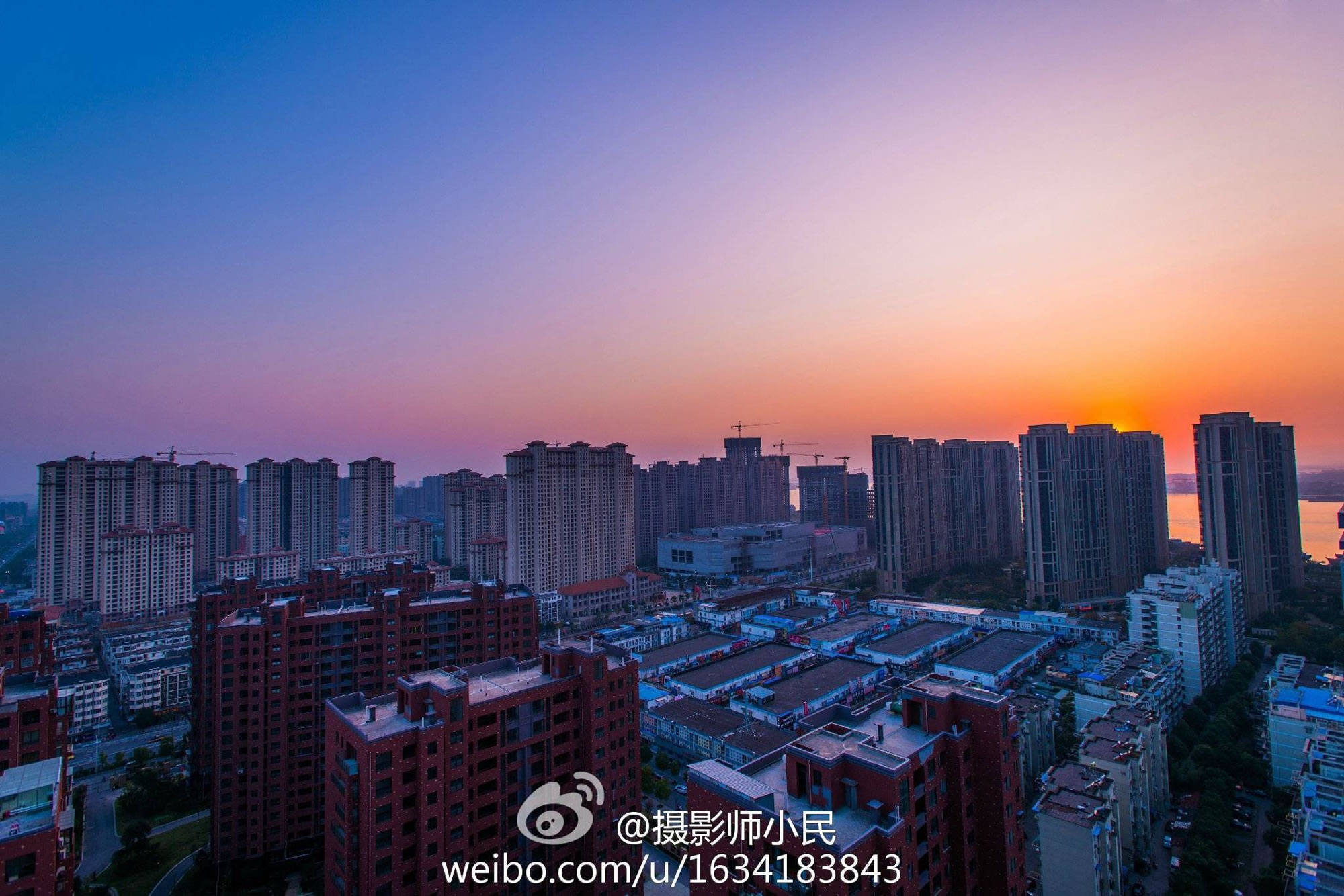Property backlog allows cheap deals for the poor in Wuhu

Chinese property market saw faster de-stocking in May. Over 7 million square metres of residential properties in stock was cleared last month. But smaller cities seem to have more trouble getting rid of what they’ve built.
This offers a chance to the country’s underprivileged to own properties in smaller cities. Wu Hu in central China’s Anhui Province is one such city that came up with incentive policies to help the poor.
China still has 455 million square meters of unsold housing space as of April. Despite calls to reduce properties stock, the backlog still increased by over 12 million square meters in the first four months of this year, compared with the end of 2015.
While the highly-sought-after big cities have attracted most of the cash-ready customers, properties in third and fourth tier cities are mainly left for farmers and migrant workers. Demand for a home of their own is strong, but so is their financing pressure.
“It is impossible for a migrant worker to apply for a loan in a commercial bank,” said Dong Hongwu, migrant worker from Wuhu, Anhui.
Wuhu in Anhui Province was the first in China to set up a property financing company for migrant workers. Farmers who come to work in cities can apply for housing loans with a small downpayment.
“It only took about three days for the loan to come through. Normal mortgage rate is over 5 percent, I got it for 3 percent from the property financing firm. The government subsidized for 10,000 yuan. This has saved us a total 30,000 yuan which would be enough to renovate our new 100-square-metre-apartment,” Dong also said.
Local Wuhu government statistics show that migrant workers have bought 1,400 units of apartments in the first five months of this year, accounting for 80 percent of the total sales. Government incentives have also helped high skilled talents with moderate incomes.
“We subsidize maximum 500,000 yuan for high skill talents who wish to buy a property here. We have analysed the demographic breakdown of our city, and about 60 percent of the population hold at least some kind of diploma,” said Luo Hongqi, deputy director of Housing & Urban Construction, Wuhu Gov’t.
Experts say these subsidizing policies are so far proving effective in terms of reducing property backlog, but long-term effect on local economy is still subject to debate.
